

“We campaign, we win. We lose, we fight back.” This encapsulates the struggles of union women in Asia Pacific in a world with COVID-19 shared by the members of the ITUC-AP Women’s Committee during their virtual meeting on 2-3 March 2021.
The COVID-19 pandemic has aggravated the existing challenges faced by women workers in the region. Members of the ITUC-Asia Pacific Women’s Committee reported that in the past year, the pandemic was used to justify the implementation of job cuts and reduction of work hours. In most cases, such job cuts laid off women-held positions first. Job losses were also common among women workers in the informal economy, such as domestic workers, street vendors, and home-based workers.
As the cases of COVID-19 surge in many countries, there had also been a drastic surge in the number of cases of domestic violence as well as harassment at work. In this regard, Avital Shapira-Shabirow of HISTADRUT remarked that domestic violence has also become a pandemic and is even worse than a pandemic. The threats of violence compounded the insecurities that women face in the midst of the pandemic.
Meanwhile, in some countries like Indonesia, Myanmar, and the Philippines, workers also had to resist the rollback of laws protecting workers, violent trade union repression, and attacks on democracy and human rights in addition to dealing with the impacts of the COVID-19 pandemic.
It was challenging to survive during the pandemic. But the difficulties created by the pandemic, while tremendous and devastating, were not enough to extinguish union women’s commitment to fight for their rights and dignity and to protect fellow workers. Union women remained relentless in struggling to preserve the gains that have been won in the past, reclaim the rights that have been taken away, and secure better conditions and protection for women workers.
The hard work of union women bred significant gains. In Fiji, the campaigns paid off as the Parliament ratified C190 in June 2020. Fiji is the first country in Asia Pacific and the second in the world to ratify this landmark international treaty that tackles violence and harassment at work. Meanwhile, in Samoa, the five-year campaign for higher minimum wage bore fruit as the minimum wage increased by 30%.
In other countries, amidst the setbacks caused by the pandemic, the advocacy and campaigns to ratify the ILO Convention 190 (C190) and eliminate violence and harassment at work remain a priority for the members of the ITUC-AP Women’s Committee. Other issues that rank high in union women’s ongoing initiatives include promoting women’s leadership and improving women’s representation in unions, pushing for better social protection and occupational safety and health policies, demanding for vaccines for workers, and opposing the introduction of new laws that erode labour rights (i.e., Omnibus Law in Indonesia and Anti-Terror Law in the Philippines).
Fighting for workers’ rights became a more grueling challenge in the face of the pandemic. But for union women, giving up is not an option. For every right taken away from them, they have to fight harder. In keeping with this, Shoya Yoshida, General Secretary of ITUC-AP, concluded: “Government prioritises policies that benefit the 1%, hence, we need to be more united than ever to build a stronger labour movement to strengthen our bargaining power.”


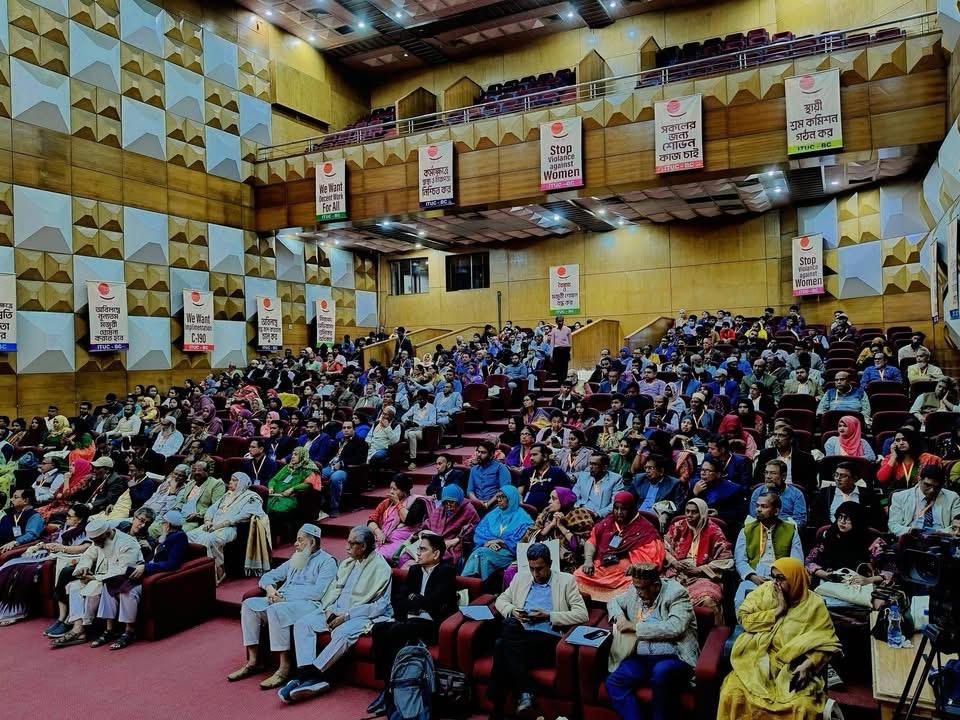





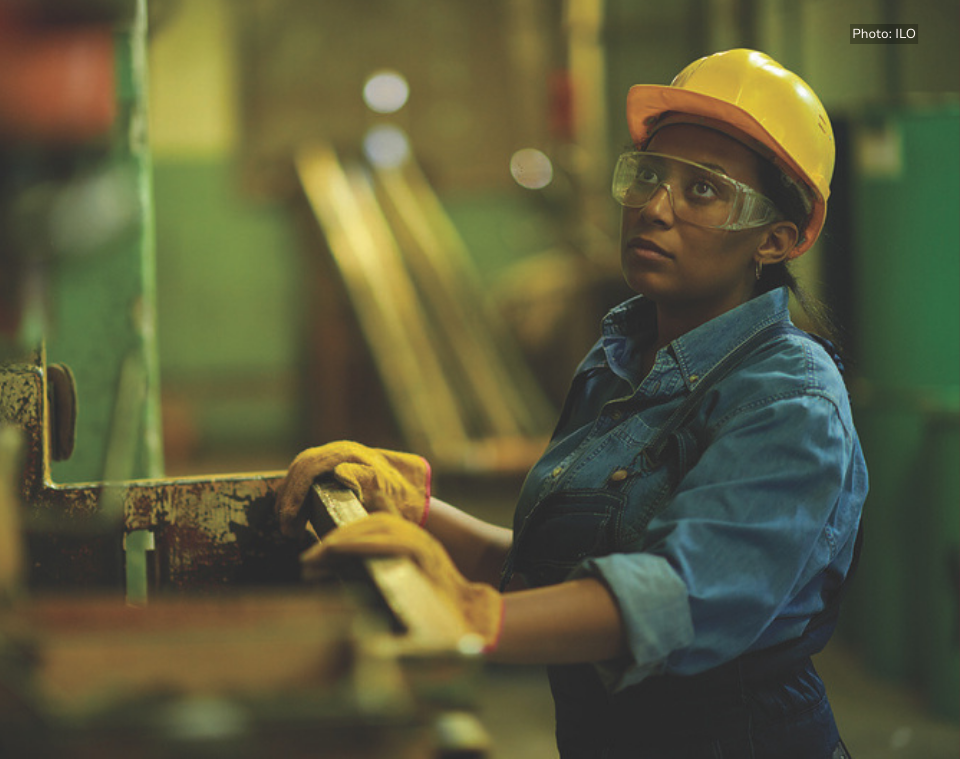





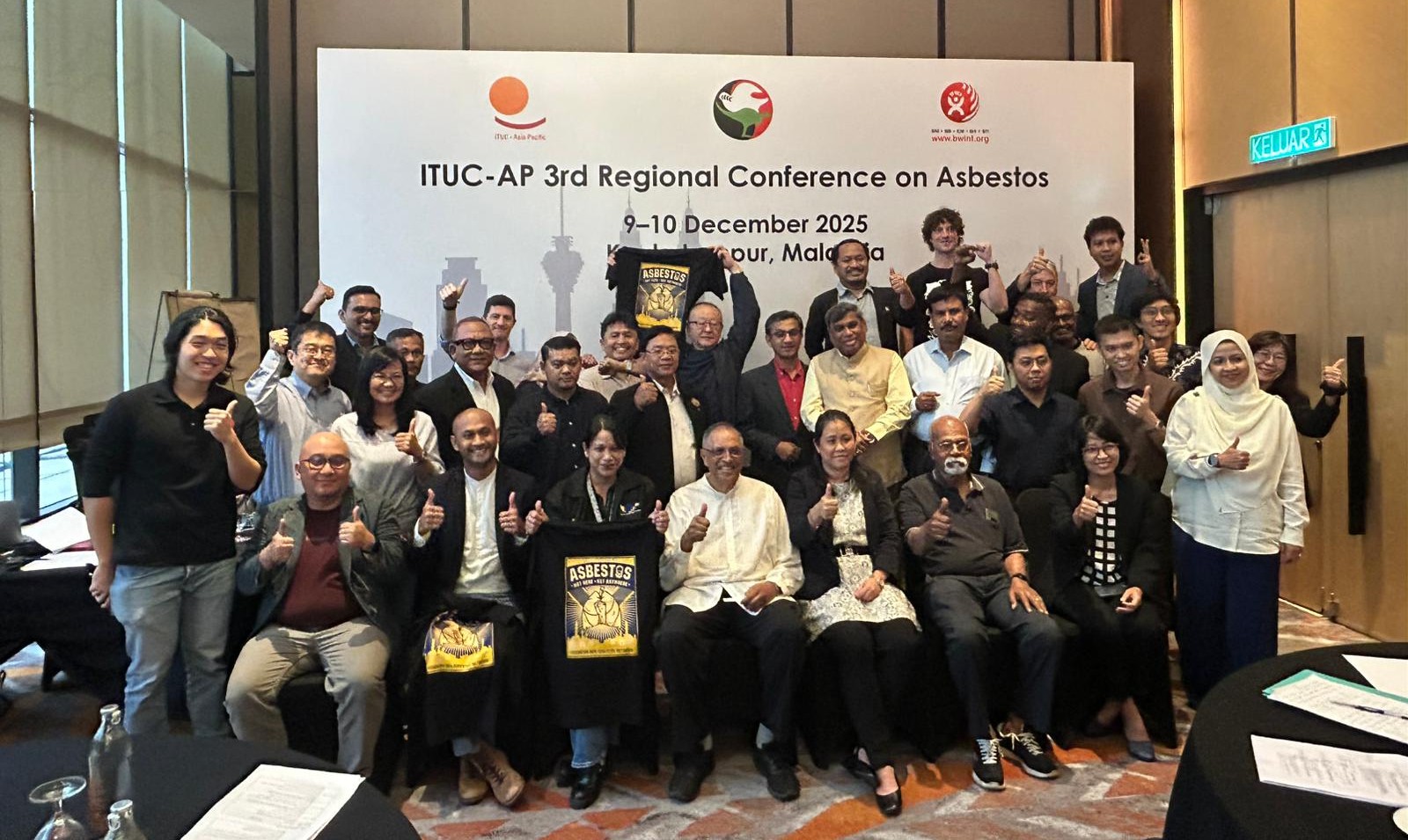





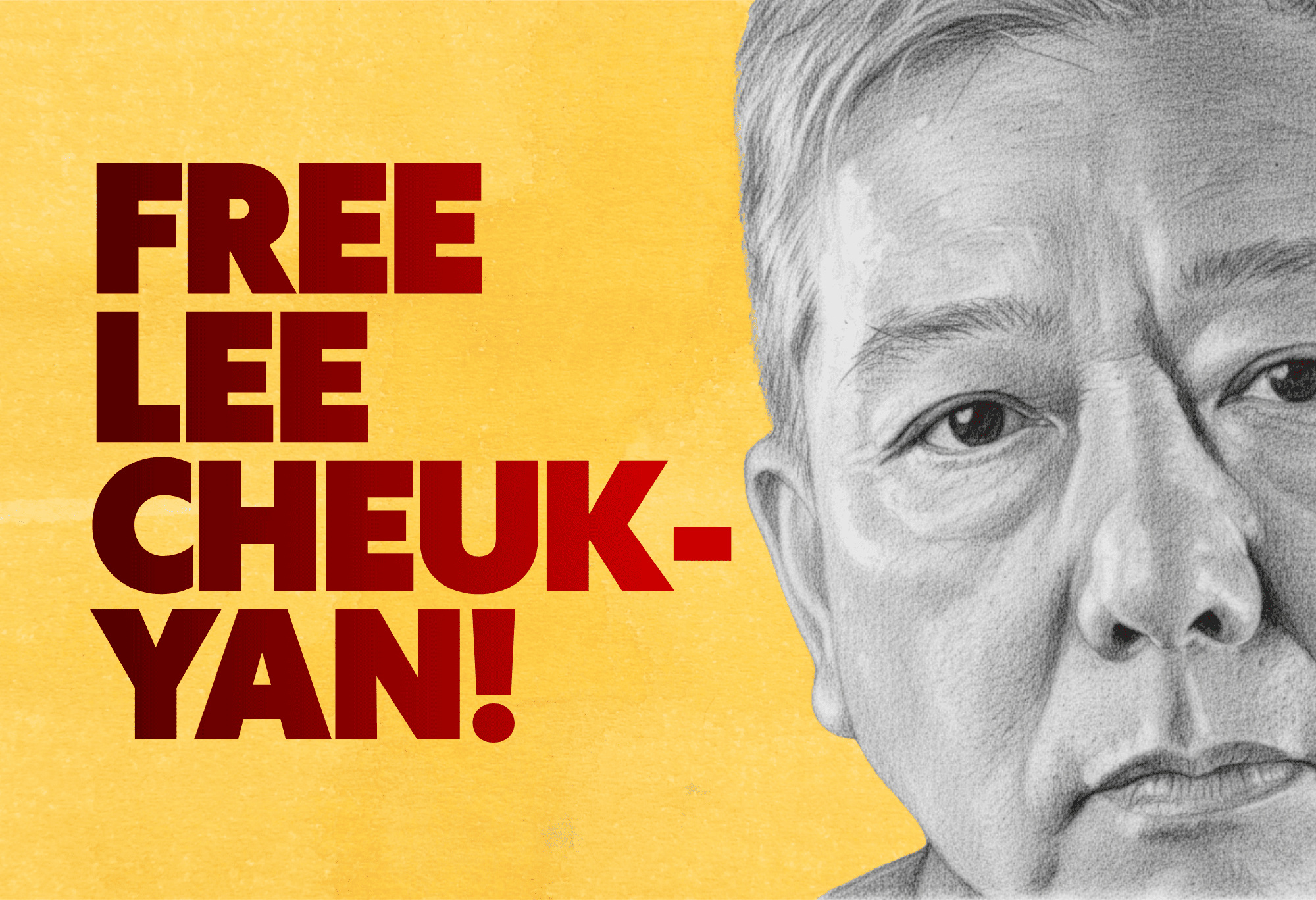





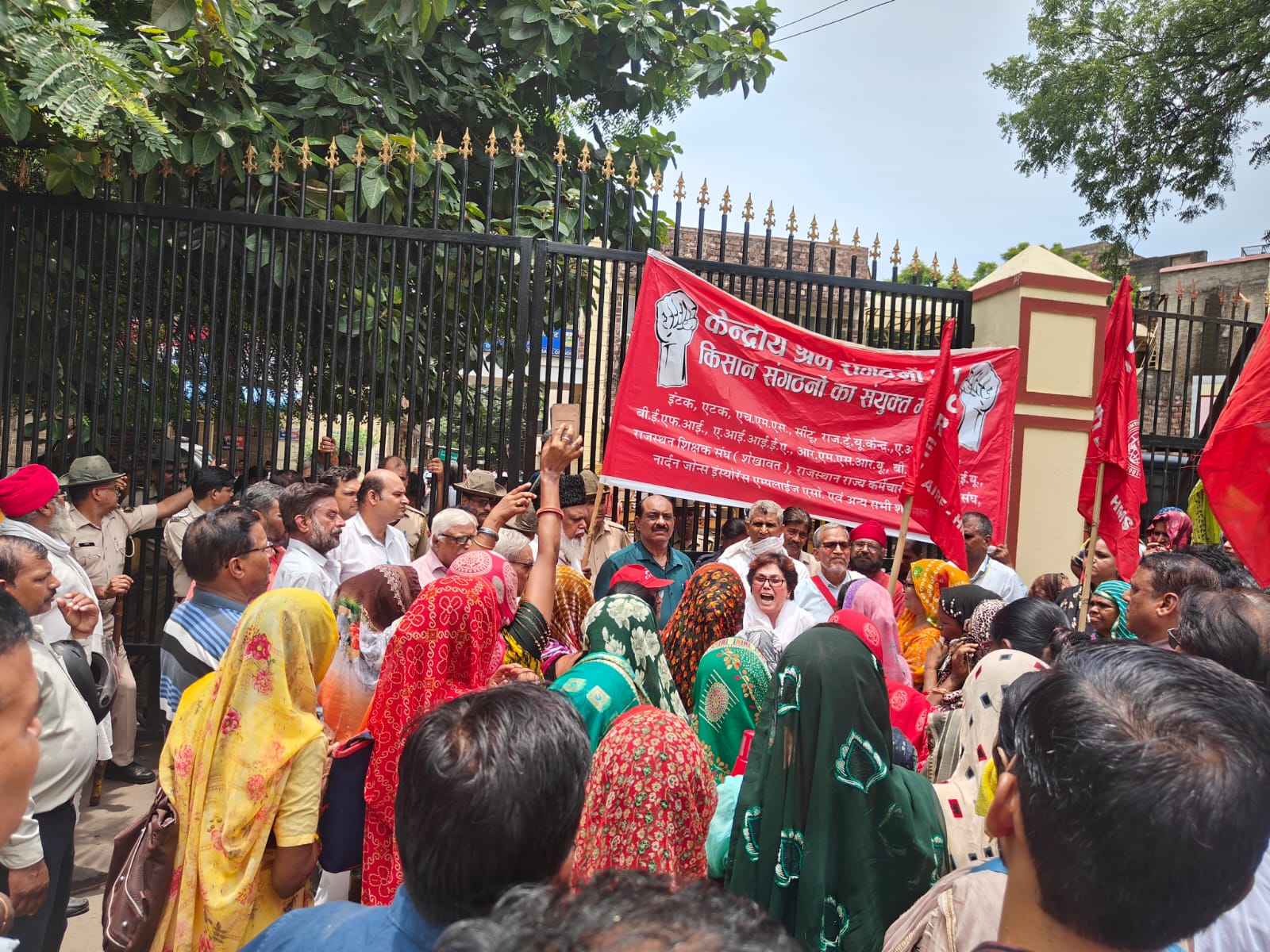





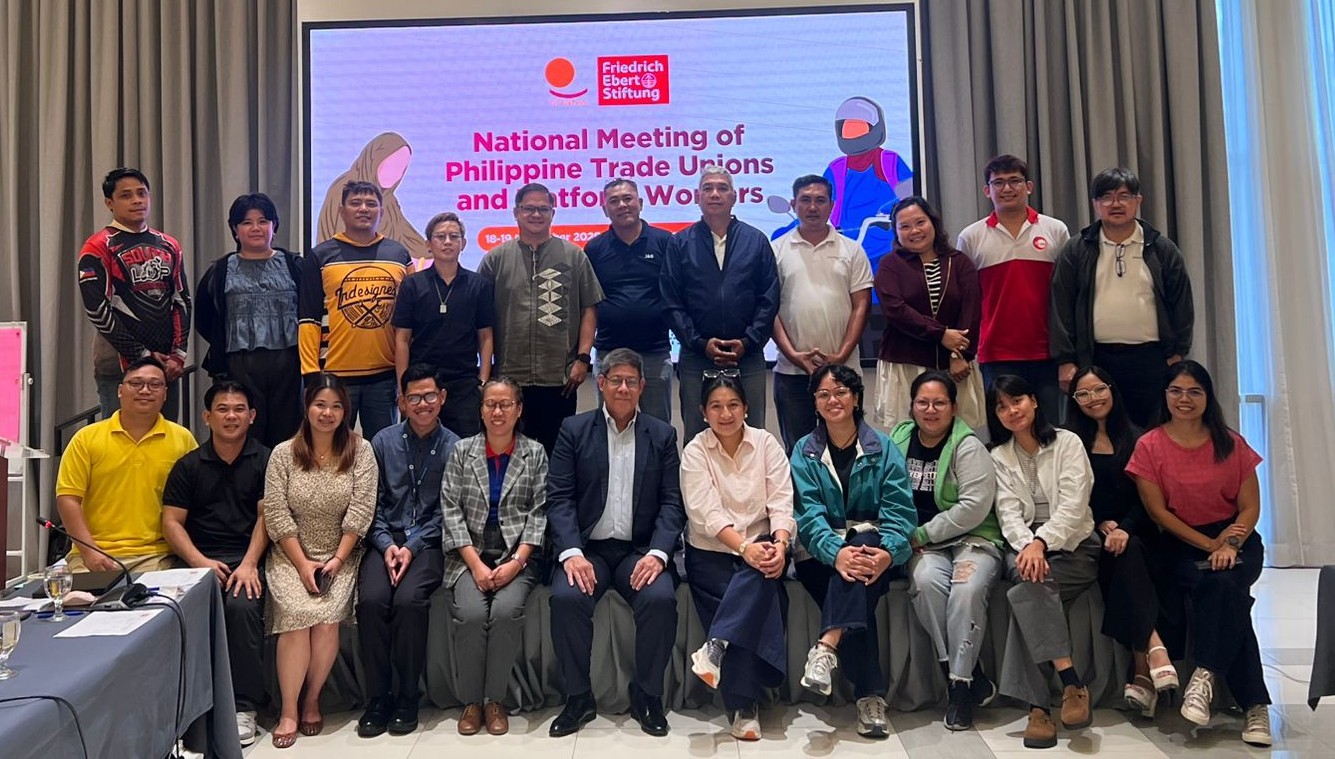





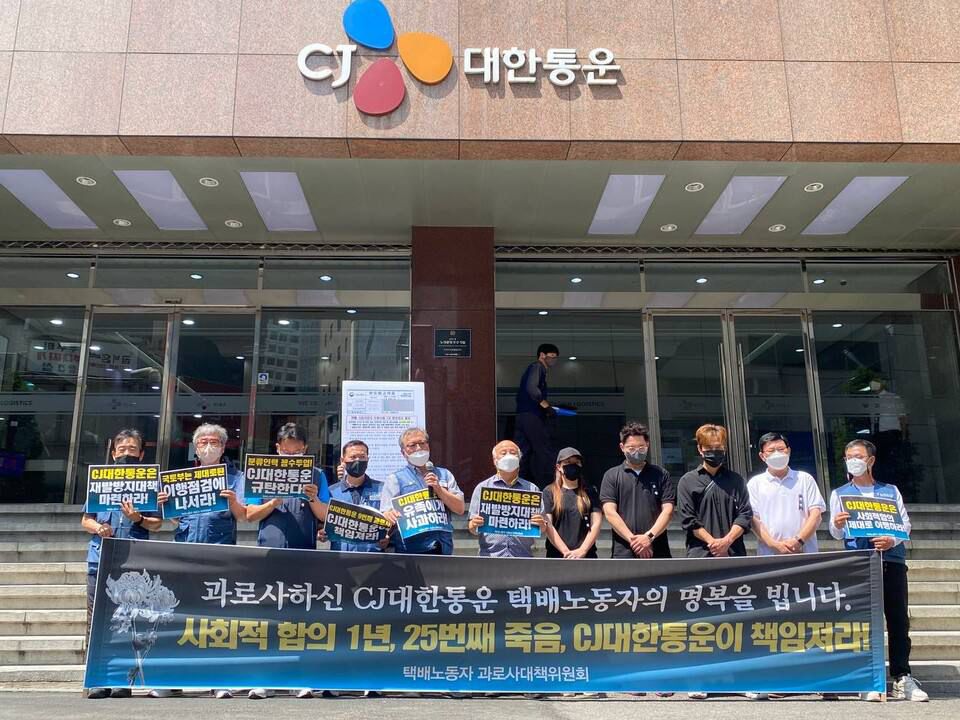





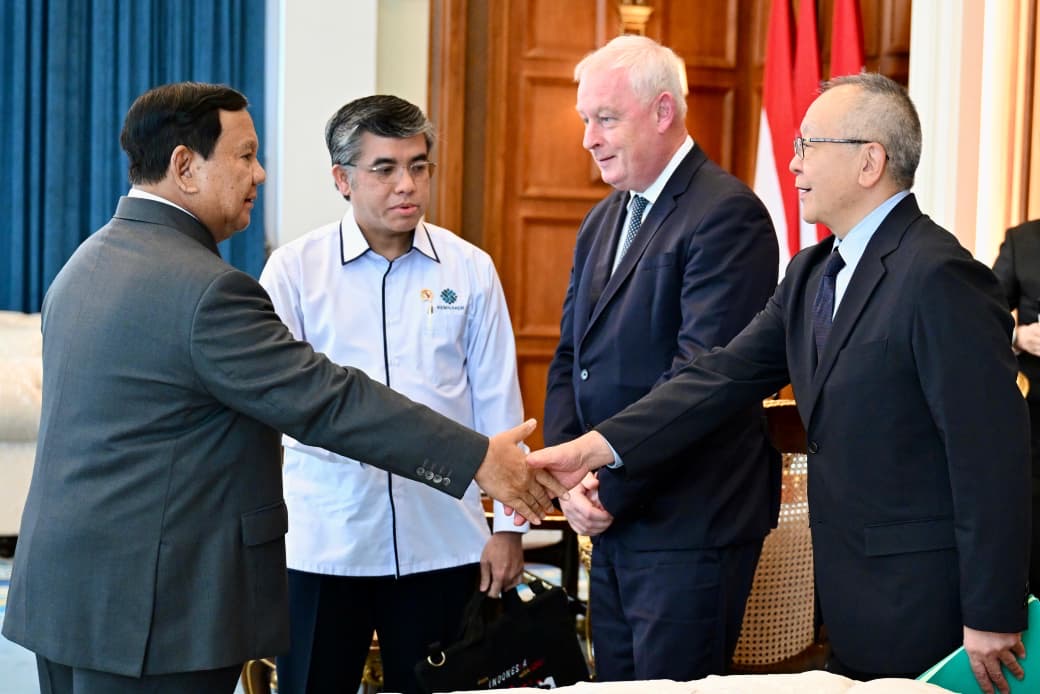





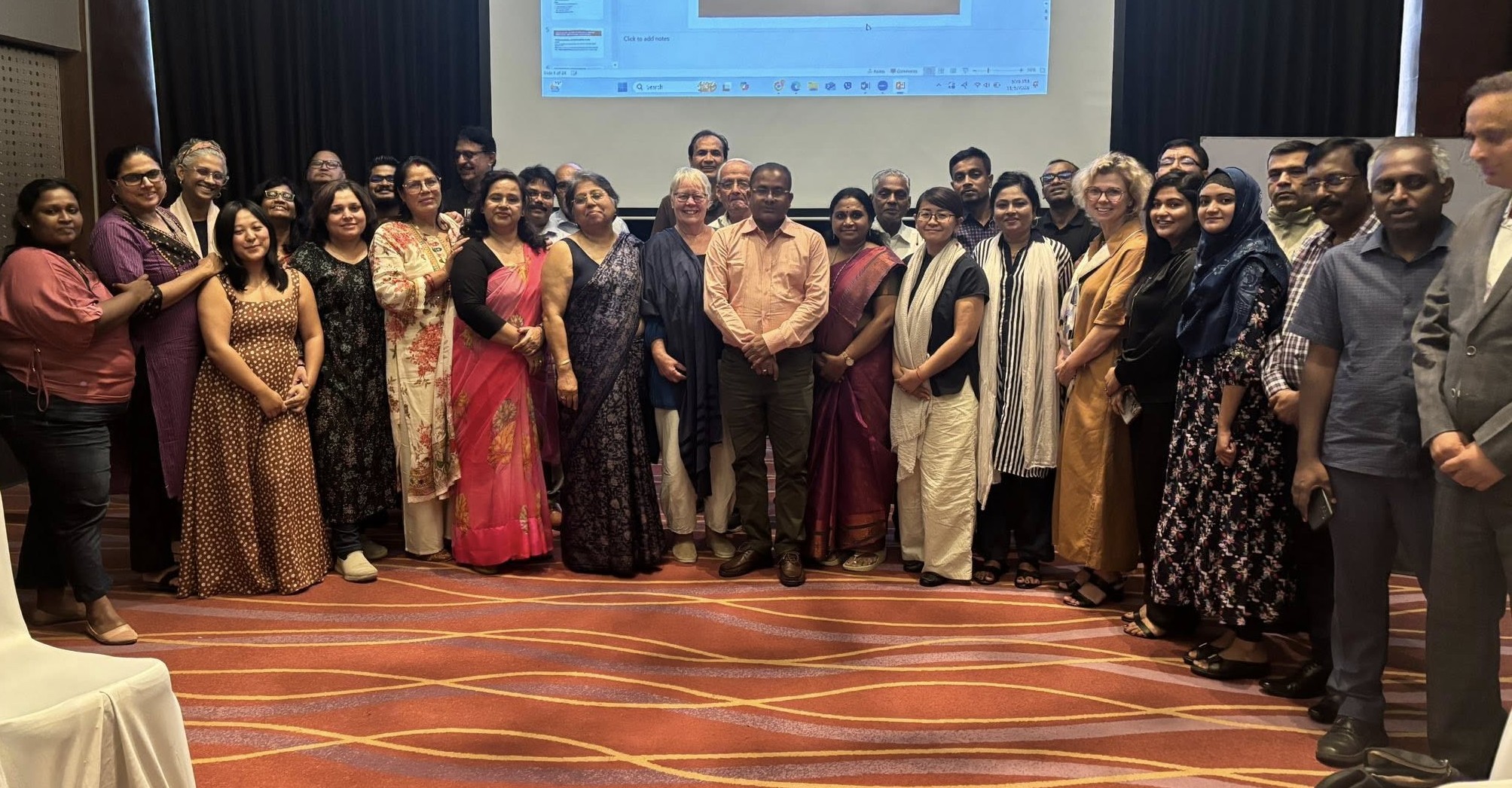





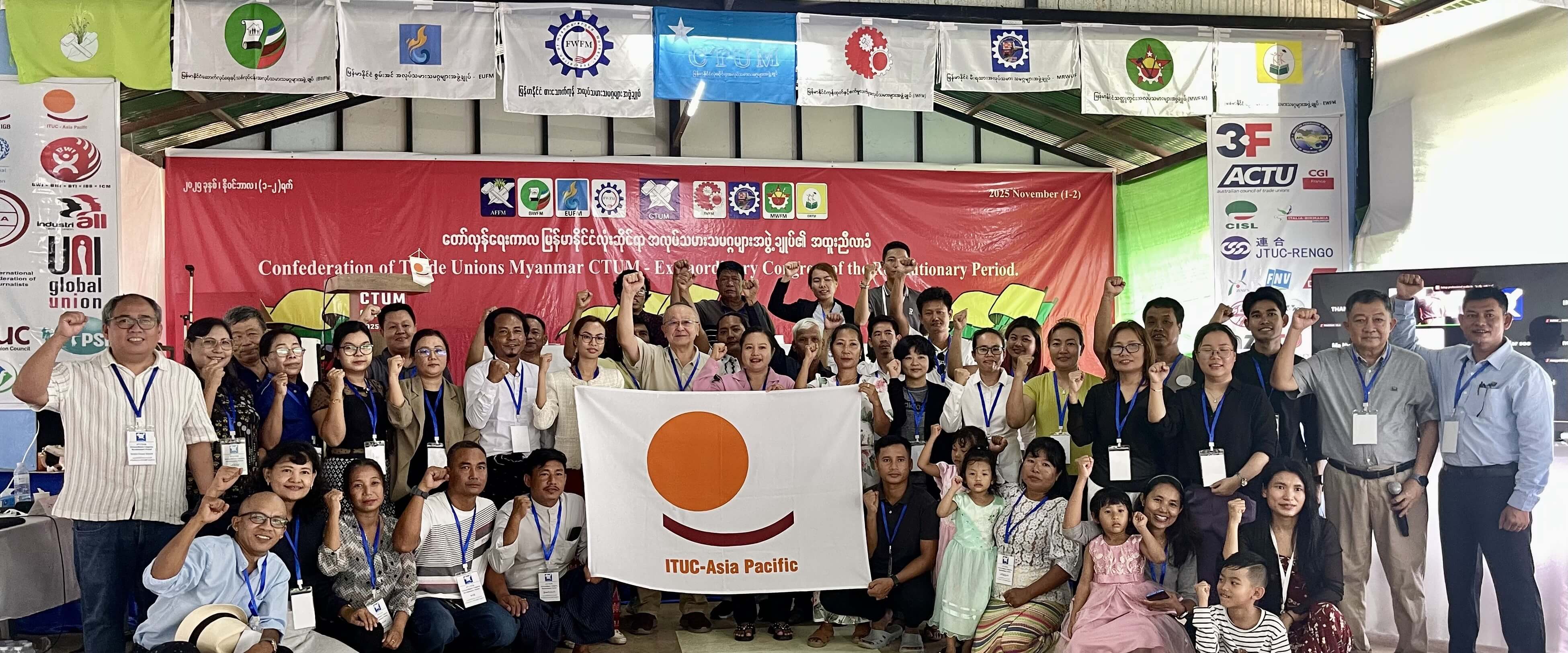





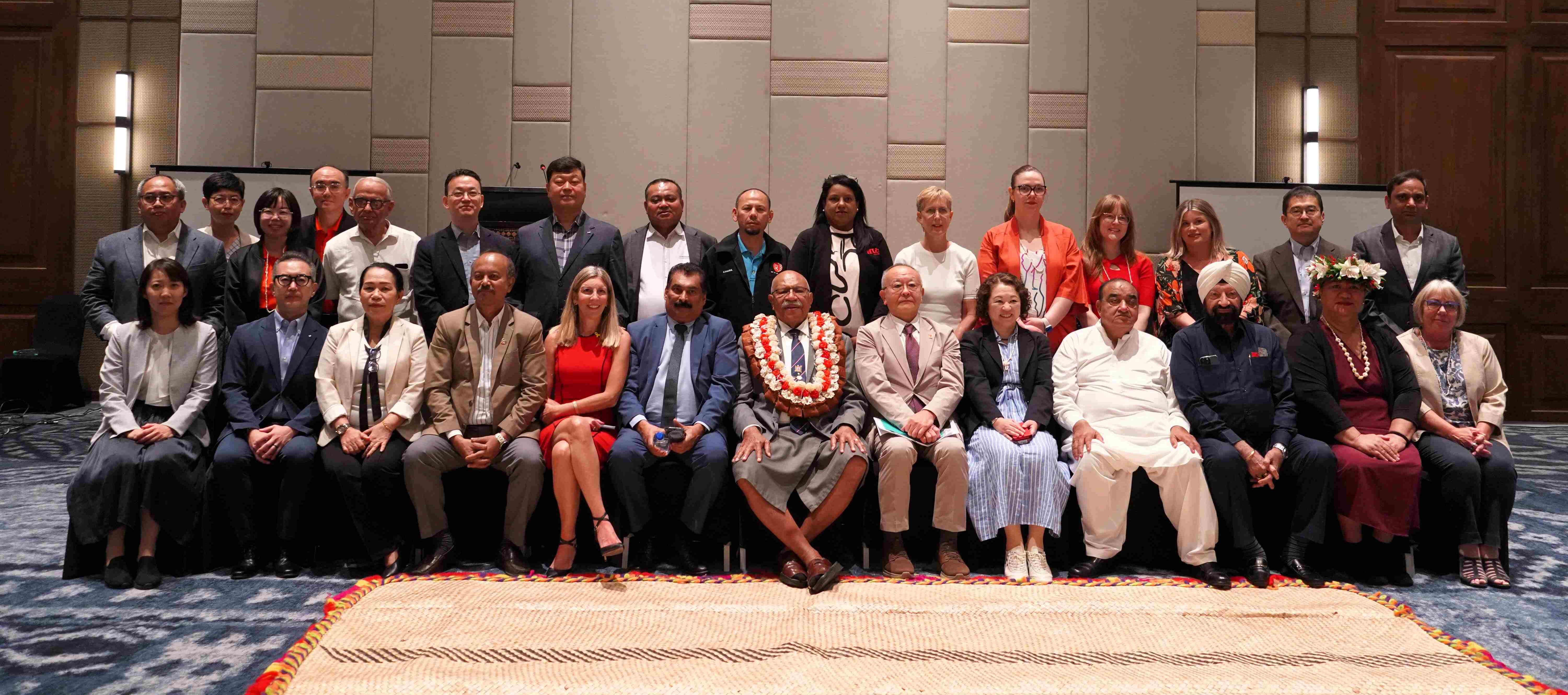





.jpg)


.jpg)














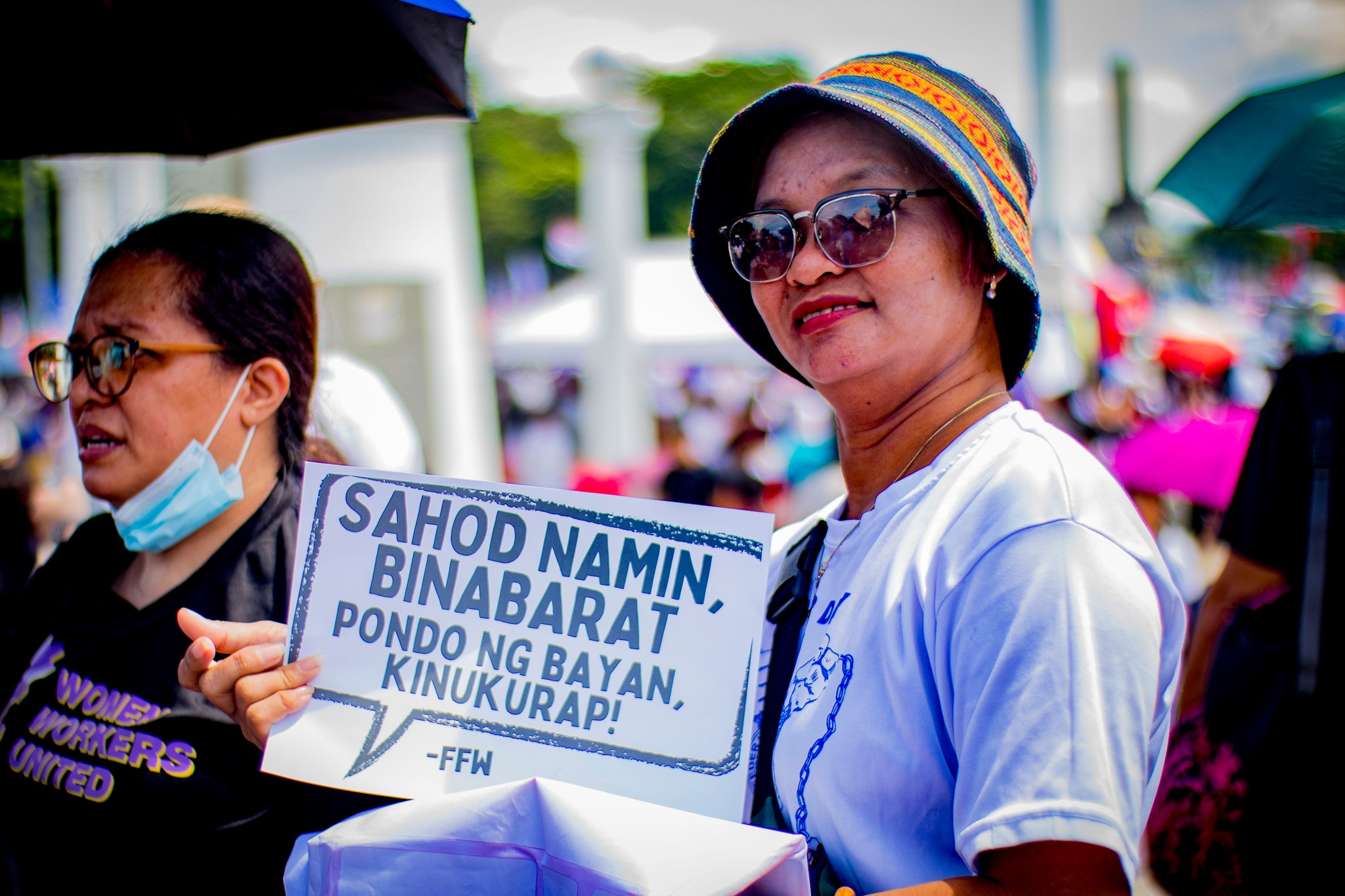





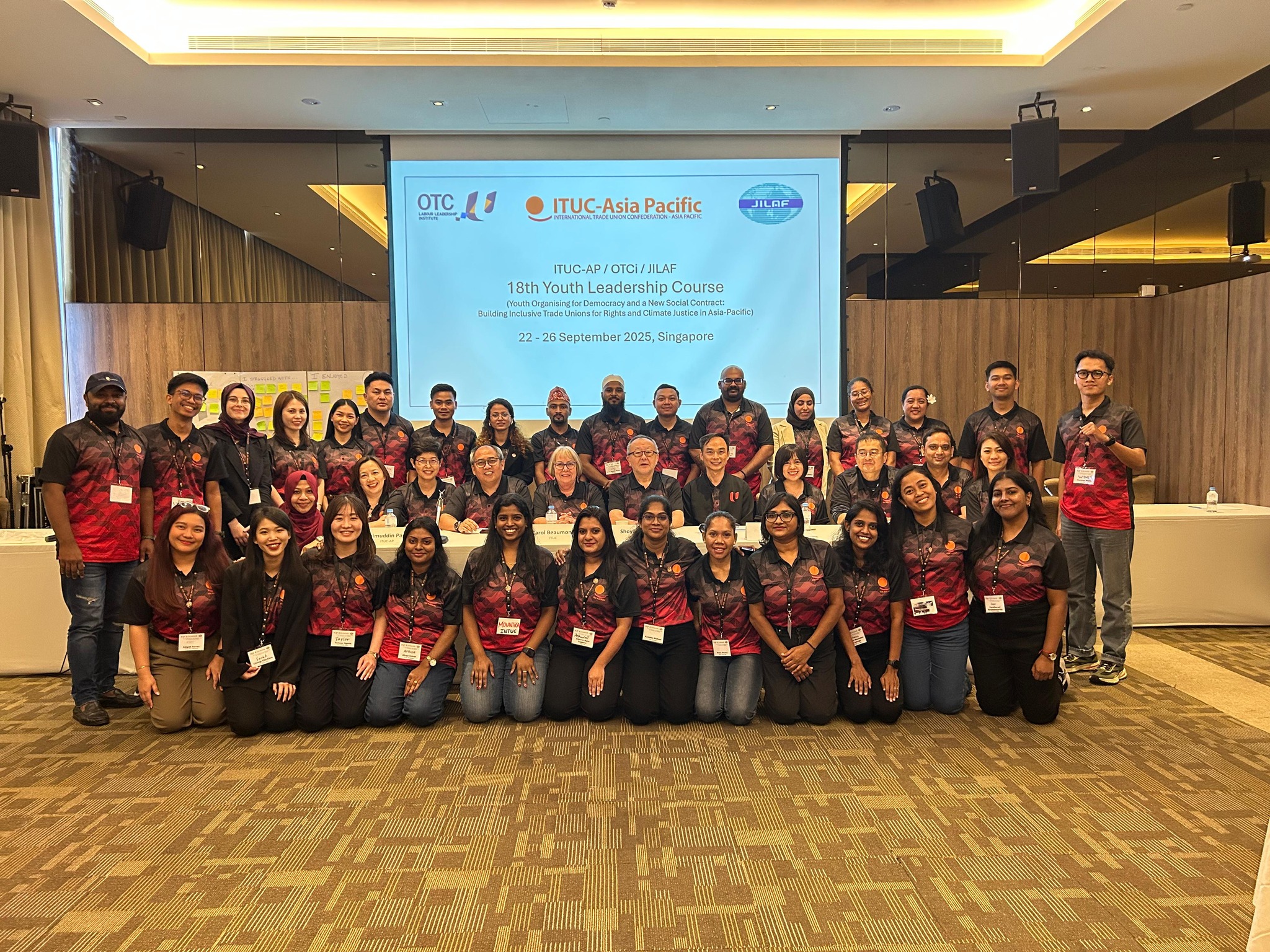





.png)


.png)








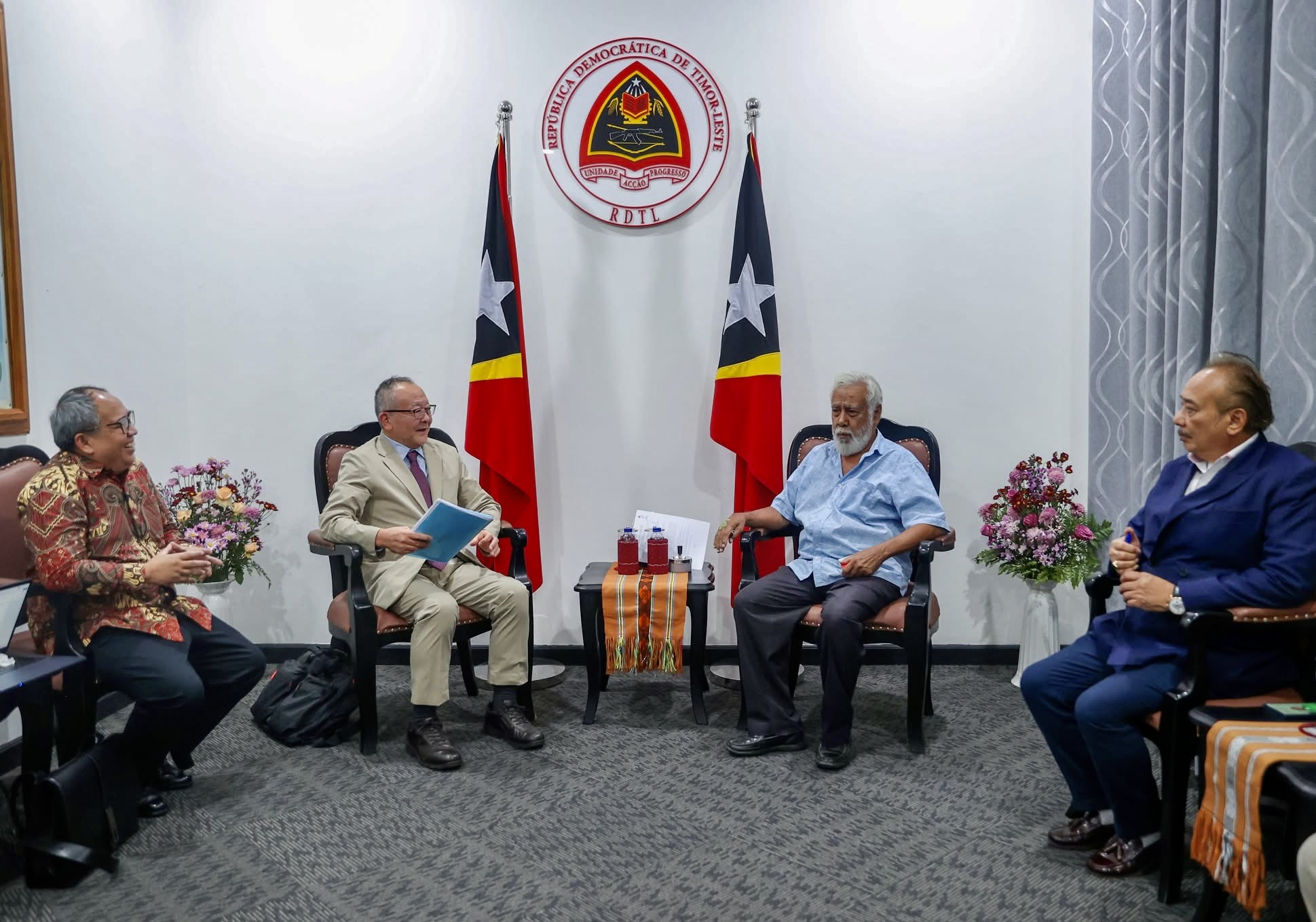





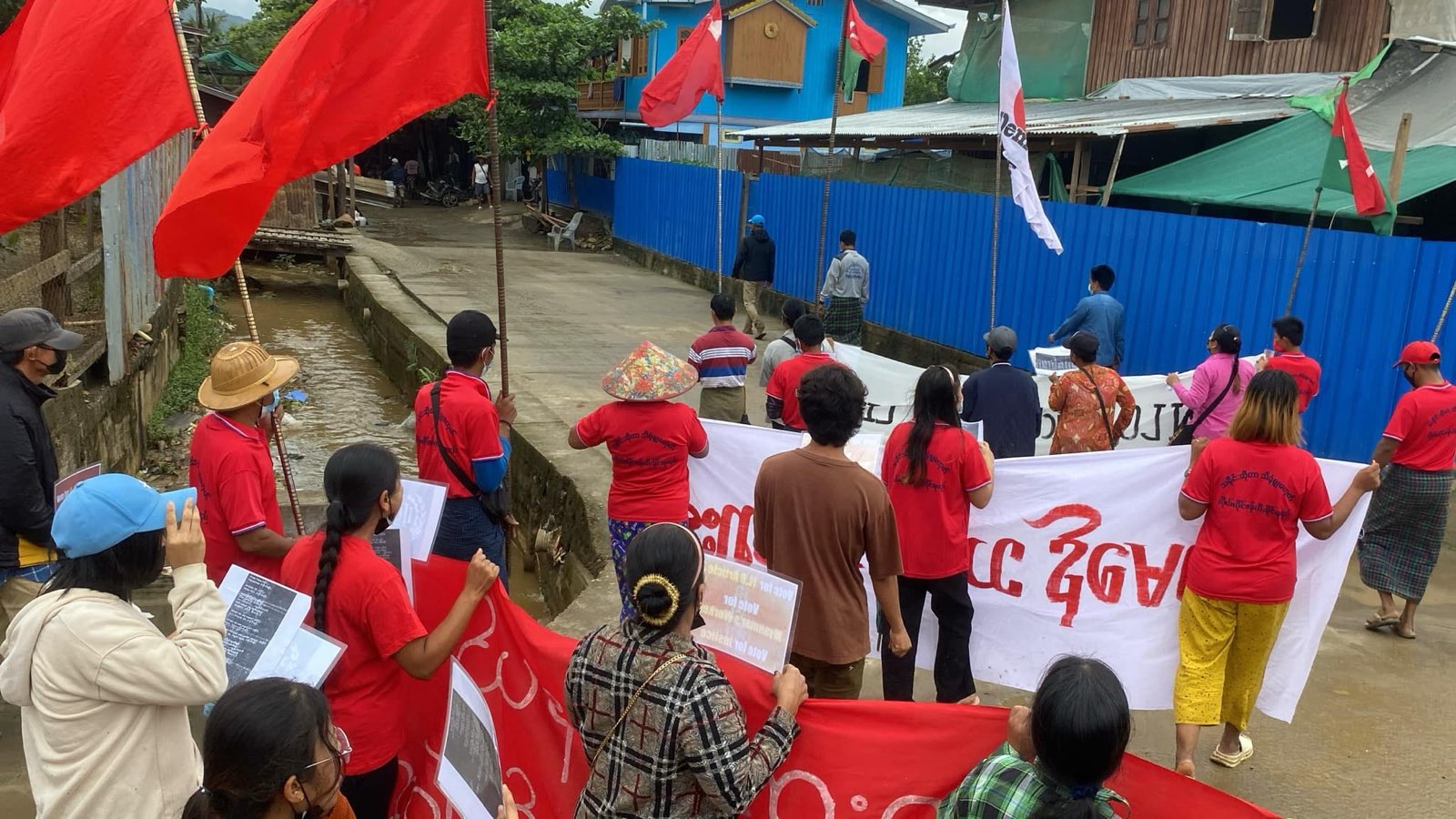





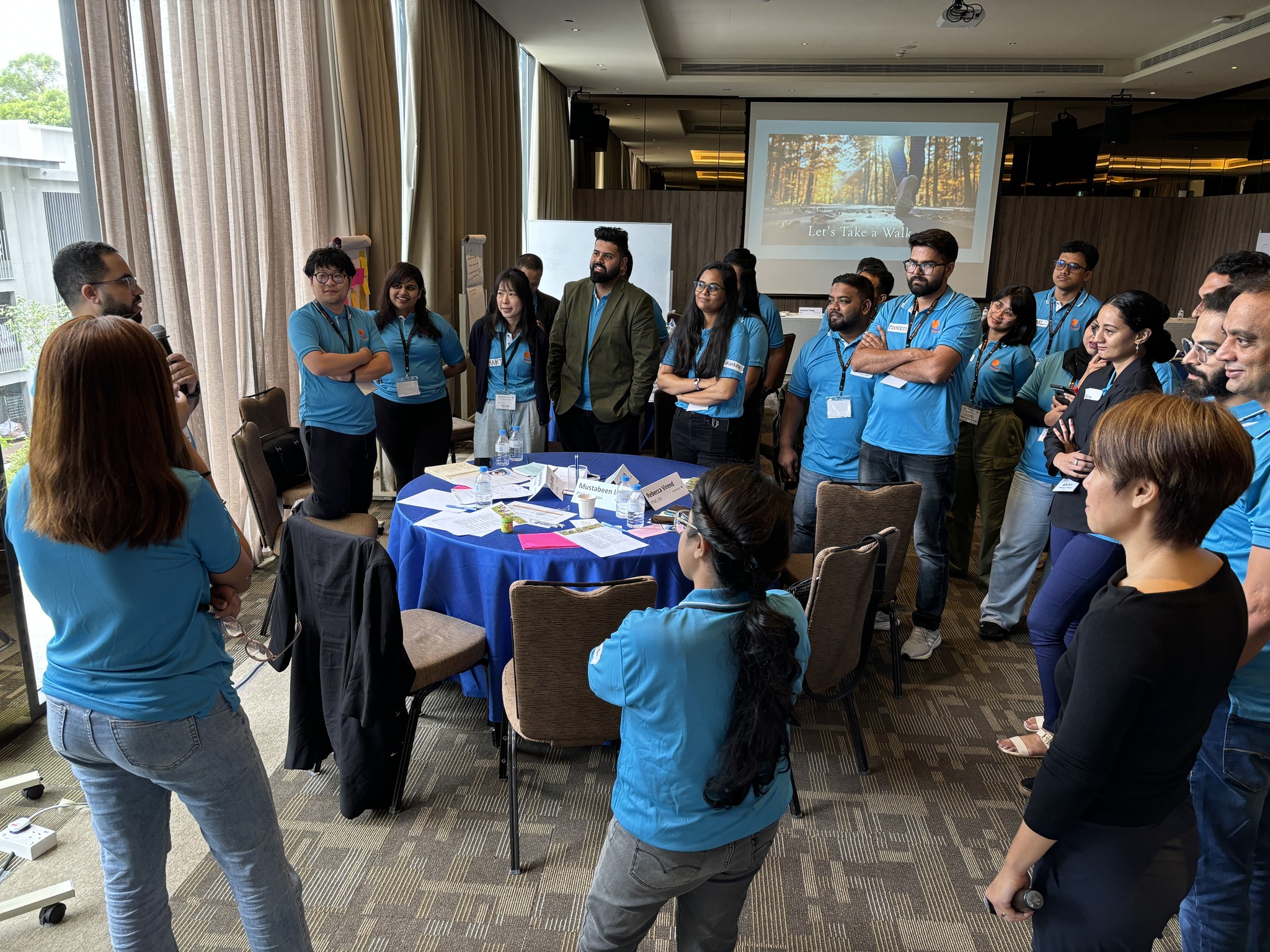





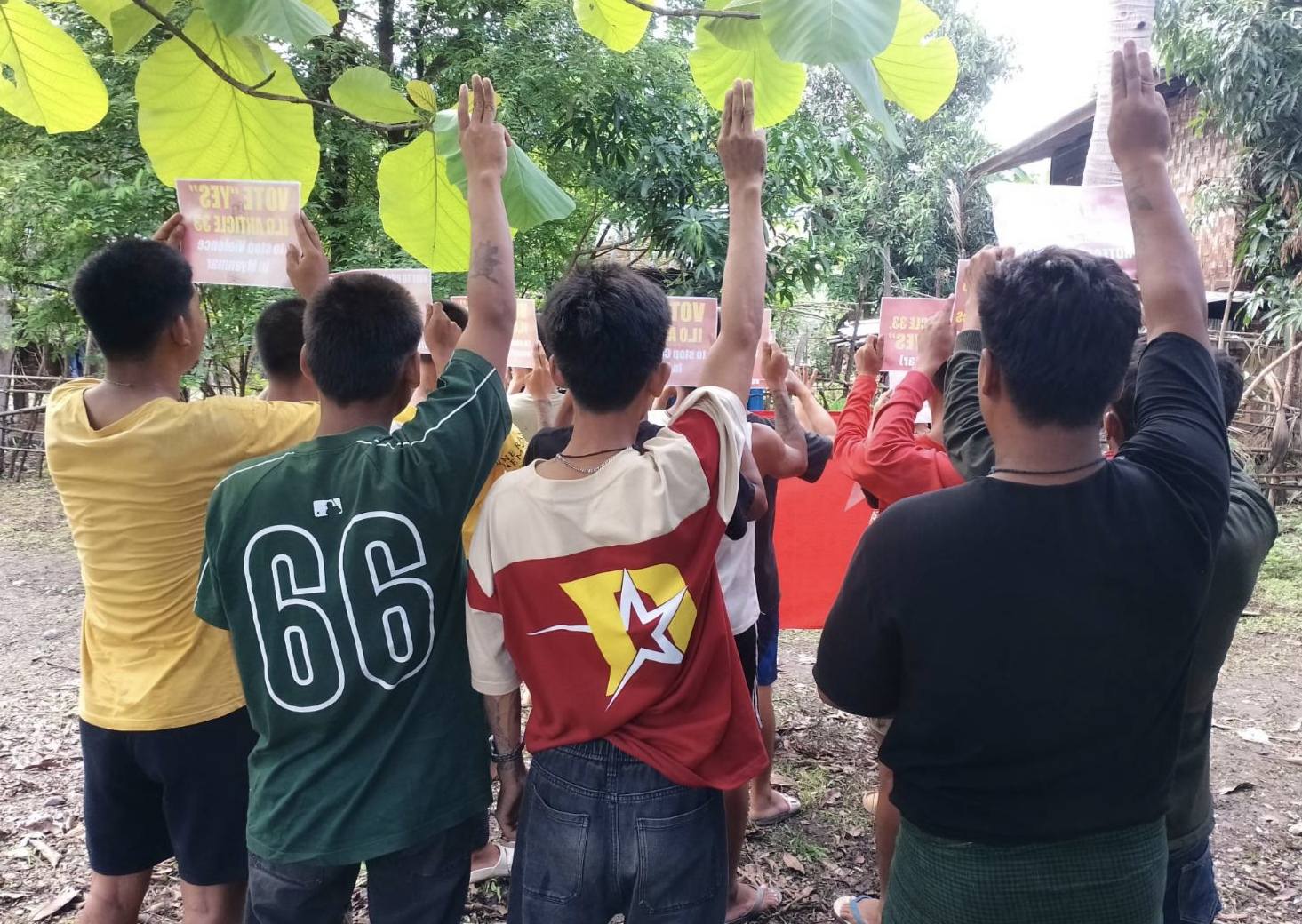





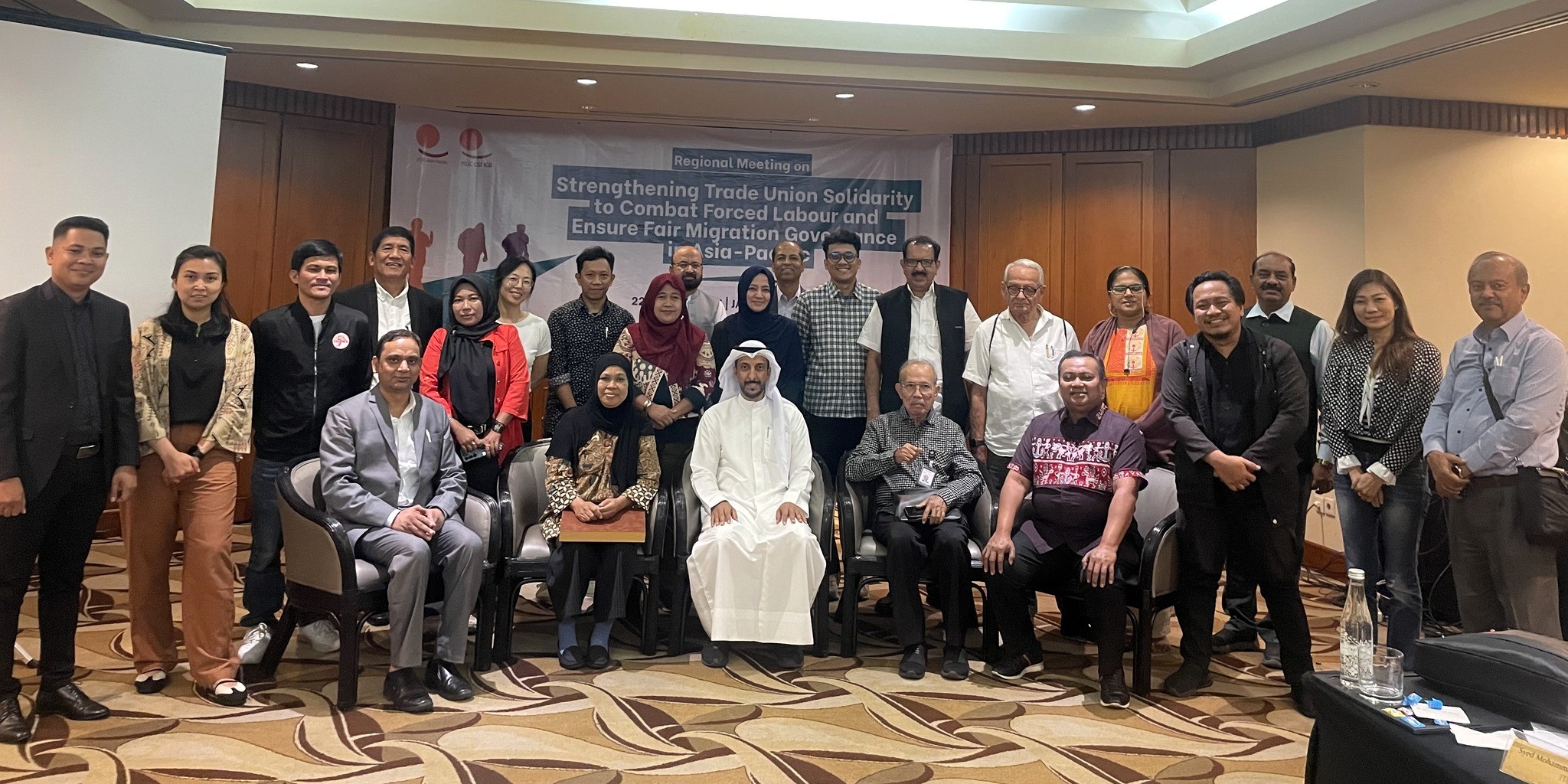























.png)


.png)














.png)


.png)
















































































































%20(1).png)


%20(1).png)
























.jpg)


.jpg)














































































.png)


.png)
























.png)


.png)














































































































.jpg)


.jpg)


























.png)


.png)

